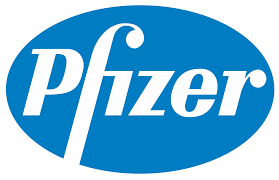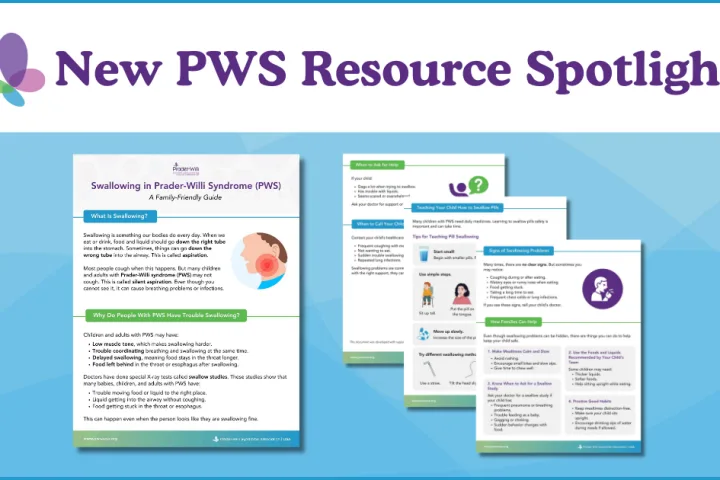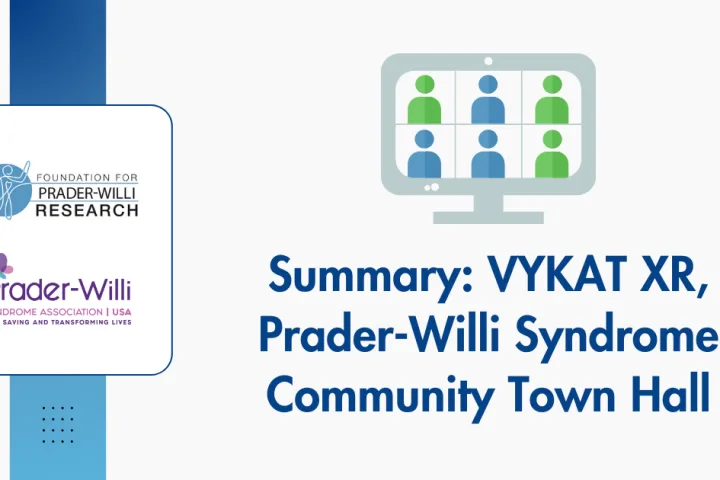Earlier this year, Pfizer Pharmaceuticals experienced a temporary interruption in the supply of the Genotropin 5 and 12mg cartridges, as well as all Mini Quick devices. According to the Commercial Brand Lead for the US, Michael Harris of Pfizer Pharmaceuticals, the interruption was due to a manufacturing issue in fall of 2019 at the Pfizer Puurs manufacturing facility in Belgium. The issue required an investigation which caused an interruption in the supply of Genotropin. The issue was quickly resolved and had no impact on the safety or efficacy of the medication and manufacturing of Genotropin was resumed.
According to Mr. Harris, the supply of the 5 and 12 mg cartridges has been fully restored and patients should have no difficulty obtaining them. The Mini Quick devices continue to be sporadically in short supply. Pfizer anticipates full resolution of the problem by September 2020 and will continue to do everything they can to maintain the supply of the Mini Quicks specifically in the smallest doses. These should continue to be available for pharmacy dispensing.
PWSA USA’s Medical and Research Coordinator, Mary Burr, has beein in direct communication with the Pfizer drug management team and received the following update on June 30th:
“There is absolutely no validity to the statement that the MiniQuicks will never be available for distribution. Pfizer is absolutely committed to restoring reliable supply of each of the 10 MiniQuick presentations, in the same way they were previously. Unfortunately, the supply situation with the MiniQuick presentations currently does remain in flux, but I want to emphasize our commitment to bringing these back for distribution in a continuous and reliable fashion. At this time, we are expecting the MiniQuick presentations to begin to consistently return to stock late this summer, and we are currently hoping for a complete return across all presentations by the September/October timeframe. Please let me know if you have concerns about specific presentations and I can try to keep you in the loop as to when those become more reliably in stock.” – Michael Harris, US Commercial Brand Lead Pfizer Pharmaceuticals.
If you are concerned your child might be impacted by the shortage, please consider the following options/steps: Call your pharmacy and ask if your prescription will be affected by the shortage. If so, reach out to your child’s endocrinologist to discuss potential options. A switch of products or administration device might be all that is needed. All growth hormone medications are basically the same and differ only in the devices used to administer the medication and in some cases the preservatives used to suspend the medication might also be different. If you have any questions, please call Mary Burr at (800) 926-4797). She is looking forward to helping your family navigate any potential shortages.





 Perry A. Zirkel has written more than 1,500 publications on various aspects of school law, with an emphasis on legal issues in special education. He writes a regular column for NAESP’s Principal magazine and NASP’s Communiqué newsletter, and he did so previously for Phi Delta Kappan and Teaching Exceptional Children.
Perry A. Zirkel has written more than 1,500 publications on various aspects of school law, with an emphasis on legal issues in special education. He writes a regular column for NAESP’s Principal magazine and NASP’s Communiqué newsletter, and he did so previously for Phi Delta Kappan and Teaching Exceptional Children. Jennifer Bolander has been serving as a Special Education Specialist for PWSA (USA) since October of 2015. She is a graduate of John Carroll University and lives in Ohio with her husband Brad and daughters Kate (17), and Sophia (13) who was born with PWS.
Jennifer Bolander has been serving as a Special Education Specialist for PWSA (USA) since October of 2015. She is a graduate of John Carroll University and lives in Ohio with her husband Brad and daughters Kate (17), and Sophia (13) who was born with PWS. Dr. Amy McTighe is the PWS Program Manager and Inpatient Teacher at the Center for Prader-Willi Syndrome at the Children’s Institute of Pittsburgh. She graduated from Duquesne University receiving her Bachelor’s and Master’s degree in Education with a focus on elementary education, special education, and language arts.
Dr. Amy McTighe is the PWS Program Manager and Inpatient Teacher at the Center for Prader-Willi Syndrome at the Children’s Institute of Pittsburgh. She graduated from Duquesne University receiving her Bachelor’s and Master’s degree in Education with a focus on elementary education, special education, and language arts. Evan has worked with the Prader-Willi Syndrome Association (USA) since 2007 primarily as a Crisis Intervention and Family Support Counselor. Evans works with parents and schools to foster strong collaborative relationships and appropriate educational environments for students with PWS.
Evan has worked with the Prader-Willi Syndrome Association (USA) since 2007 primarily as a Crisis Intervention and Family Support Counselor. Evans works with parents and schools to foster strong collaborative relationships and appropriate educational environments for students with PWS. Staci Zimmerman works for Prader-Willi Syndrome Association of Colorado as an Individualized Education Program (IEP) consultant. Staci collaborates with the PWS multi-disciplinary clinic at the Children’s Hospital in Denver supporting families and school districts around the United States with their child’s Individual Educational Plan.
Staci Zimmerman works for Prader-Willi Syndrome Association of Colorado as an Individualized Education Program (IEP) consultant. Staci collaborates with the PWS multi-disciplinary clinic at the Children’s Hospital in Denver supporting families and school districts around the United States with their child’s Individual Educational Plan. Founded in 2001, SDLC is a non-profit legal services organization dedicated to protecting and advancing the legal rights of people with disabilities throughout the South. It partners with the Southern Poverty Law Center, Protection and Advocacy (P&A) programs, Legal Services Corporations (LSC) and disability organizations on major, systemic disability rights issues involving the Individuals with Disabilities Education Act (IDEA), Americans with Disabilities Act (ADA), and the federal Medicaid Act. Recently in November 2014, Jim retired.
Founded in 2001, SDLC is a non-profit legal services organization dedicated to protecting and advancing the legal rights of people with disabilities throughout the South. It partners with the Southern Poverty Law Center, Protection and Advocacy (P&A) programs, Legal Services Corporations (LSC) and disability organizations on major, systemic disability rights issues involving the Individuals with Disabilities Education Act (IDEA), Americans with Disabilities Act (ADA), and the federal Medicaid Act. Recently in November 2014, Jim retired.